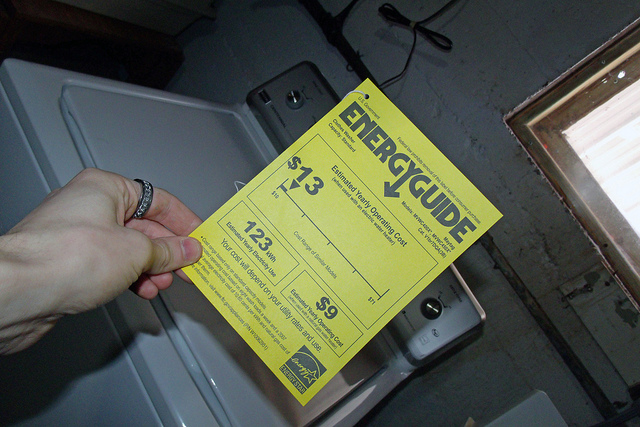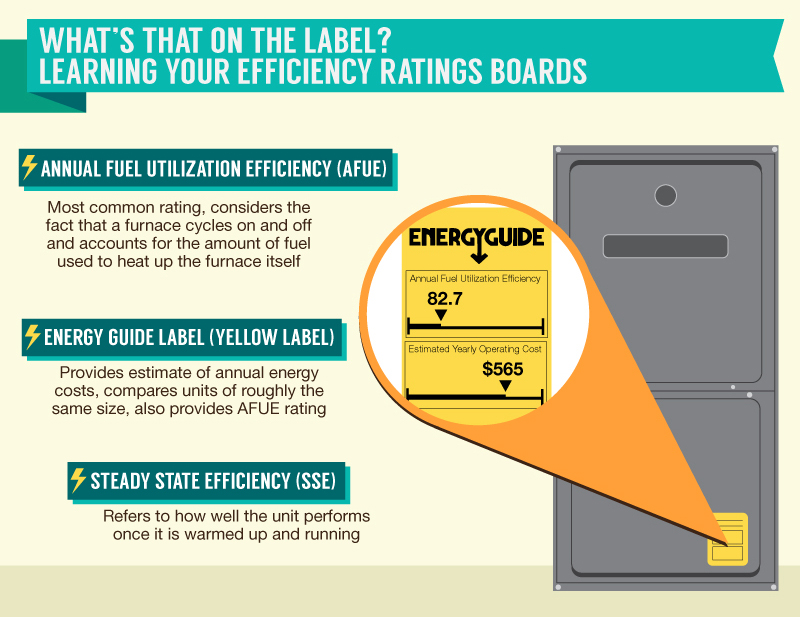
Shopping for an energy efficient HVAC system is a large investment in your home. As building envelopes become tighter and insulation improves the HVAC system that your home required 20 years ago might not fulfill the same needs today. This is especially true if your house received several energy-saving improvements. Asking the right questions about the products you are considering gives you the information that you need to make an educated decision about the best HVAC system for your home, needs, and budget
What to Ask When Shopping for an Energy Efficient HVAC System
What is the SEER number and HSPF rating?
The Seasonal Energy Efficient Ratio (SEER) on a cooling unit tells you how efficient it is. The Heating Season Performance Factor (HFSP) tells you about the efficiency of a heat pump. Systems with an ENERGY STAR label have a SEER of at least 14.5 and an HSPF of at least 8.2 (the higher the number, the greater the efficiency).
What HVAC size do I need?
An energy efficient HVAC will actually waste energy if it is too big or too small. Instead of just using the size of an existing system, a contractor should also take into account additions and energy-saving upgrades that you’ve invested in your home. System size also matters if you plan to add multiple heating and cooling zones in your home.
What is the best type of HVAC unit for my home?
Heating and cooling units are available as natural gas-powered systems, all-electric units, heat pumps, combination systems, ductless mini splits, and radiant heat systems. Review your comfort standards and heating and cooling needs with a licensed HVAC contractor to learn about the advantages and disadvantages regarding the different types of HVAC units available for your home. Find out more about the energy and cost advantages of ductless systems here.

Can you provide me with a free, no-obligation quote?
A good HVAC contractor provides an accurate estimate for an HVAC system, its installation, labor costs, and the options available in writing. This estimate should include the price of parts, energy efficiency-related information and warranty specifications.
What rebates and tax breaks are available for energy-saving HVAC systems?
Investigate local, state, and federal tax laws and energy departments to learn if a system is available for a rebate or tax incentive. In addition, see which manufacturers are offering their own rebates to maximize your savings. A good HVAC contractor will have this information for you.
What are the lifetime operating costs?
When shopping for an HVAC system, look beyond the price and installation costs. Estimate the annual energy costs for your area. Learn how much it costs to maintain the system and if it needs specialized parts that might cost more than others.
What type of air filters does the HVAC unit use?
Some types of HVAC units use specific filters, while others may accommodate different types, such as disposable, washable, or HEPA filters. Learn how often you need to replace or clean the filters, too.
Do I need to replace all of the HVAC equipment?
For an HVAC system to work optimally, it must match the ductwork. Otherwise, you’ll experience energy losses. This could mean finding a heating and cooling system that matches the equipment in your home or replacing the equipment so it matches the system you choose. You may also need a new thermostat.
What does the warranty cover and how long does the coverage last?
Not all warranties are the same. Some offer longer terms and cover different aspects of the HVAC unit. When investigating warranties, also remember to educate yourself on what actions will void them. Curious about ratings? This is what those SEER ratings actually mean.
Does the HVAC unit have moisture control elements?
A home that’s too dry might make you feel uncomfortable, prolong the life of certain viruses, and can cause wood floors and furniture to crack from the lack of moisture. Too much humidity leads to mold and bacterial growth and can make a space feel too stuffy. Moisture control elements in an HVAC unit keep you comfortable and healthy while preventing unnecessary damage to your belongings.
Shopping for an energy efficient HVAC does not have to be confusing or overwhelming. When you work with a reputable contractor like AAA you’ll receive personalized assistance for finding the best energy-efficient products for your home and needs. Contact AAA today to schedule a free consultation. Learn more about our residential services here.
Photo by p.Gordon via CC License